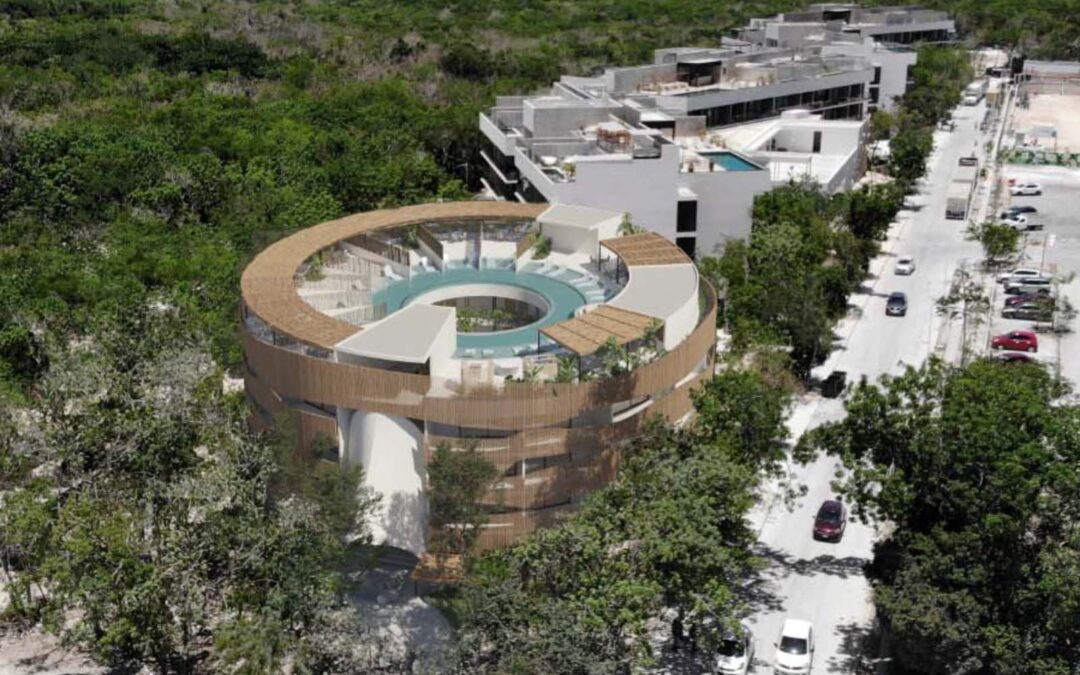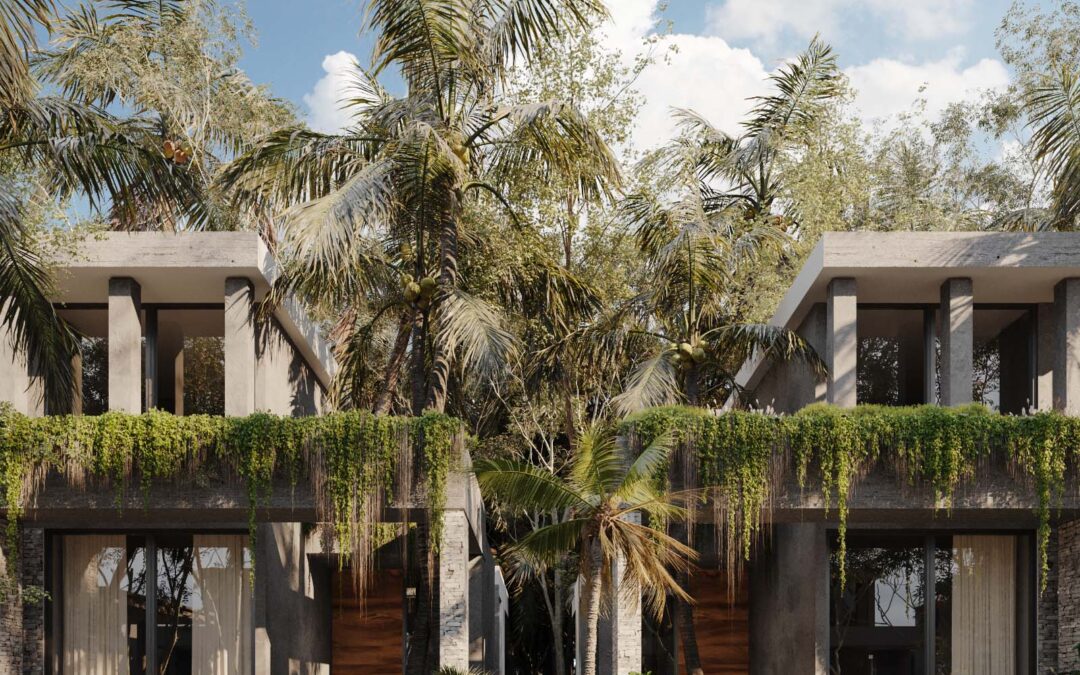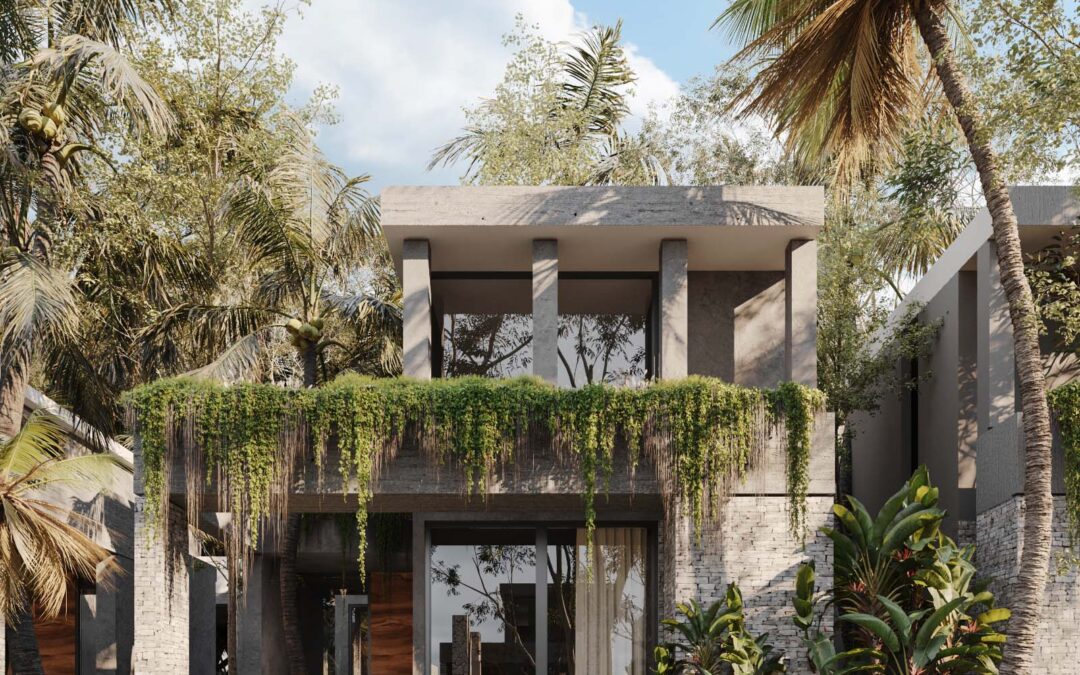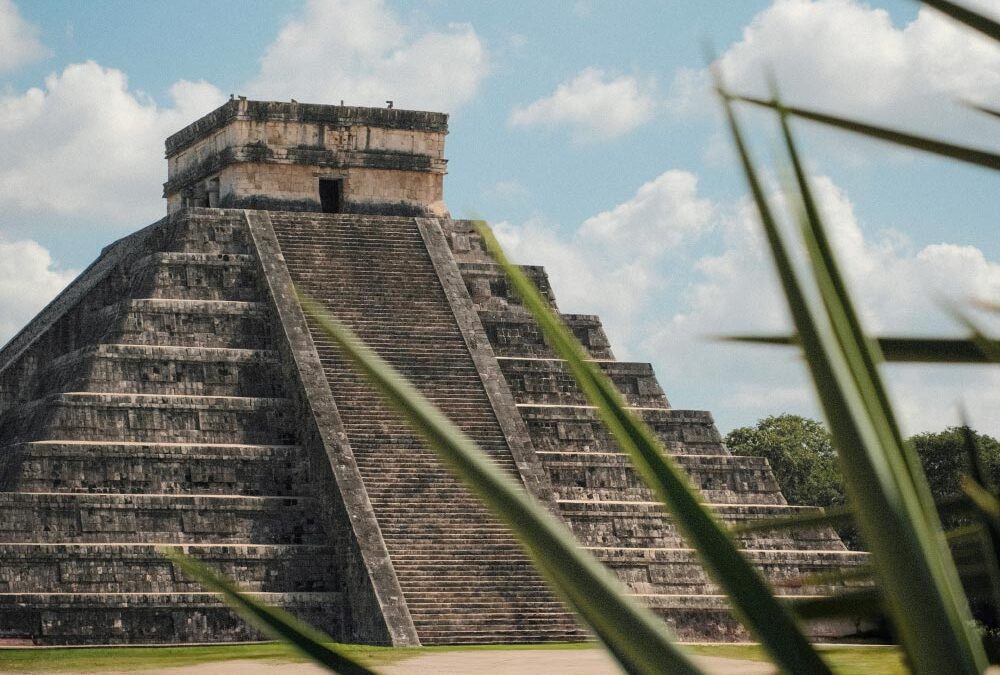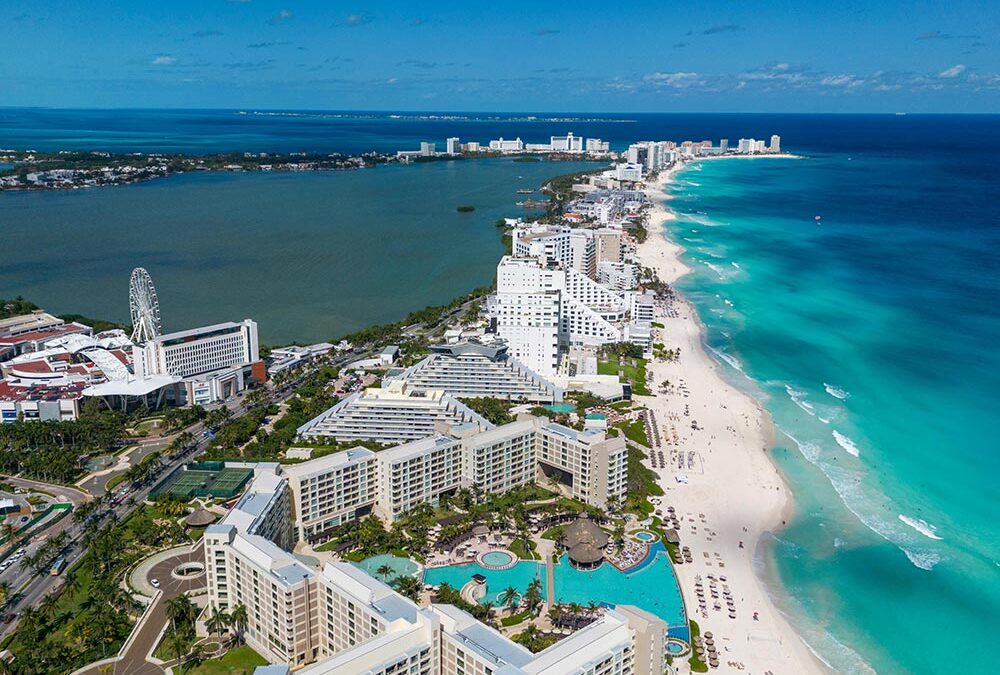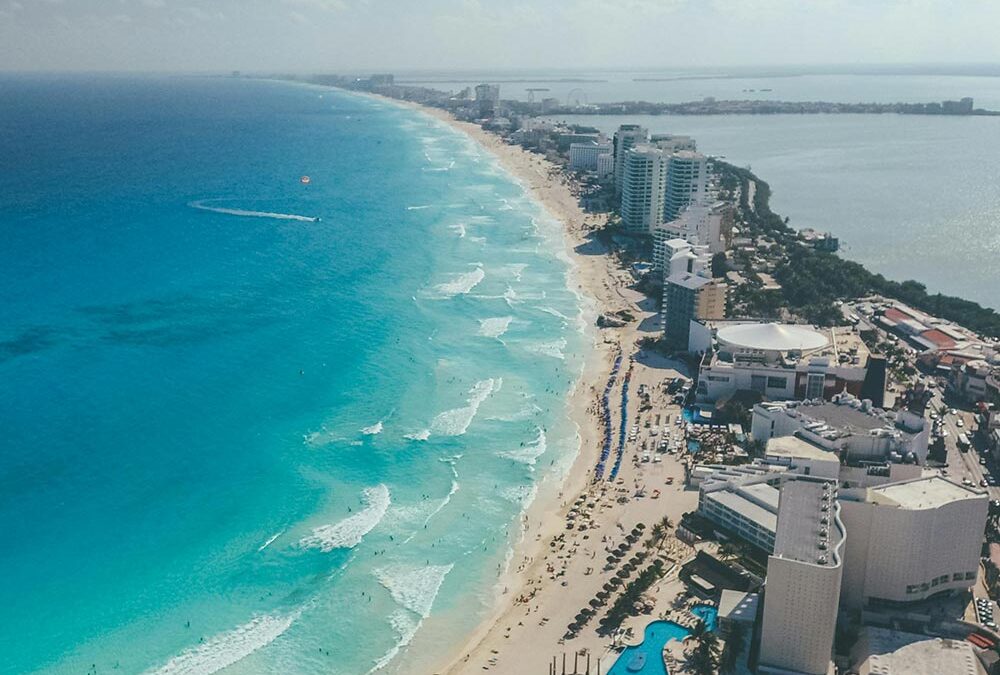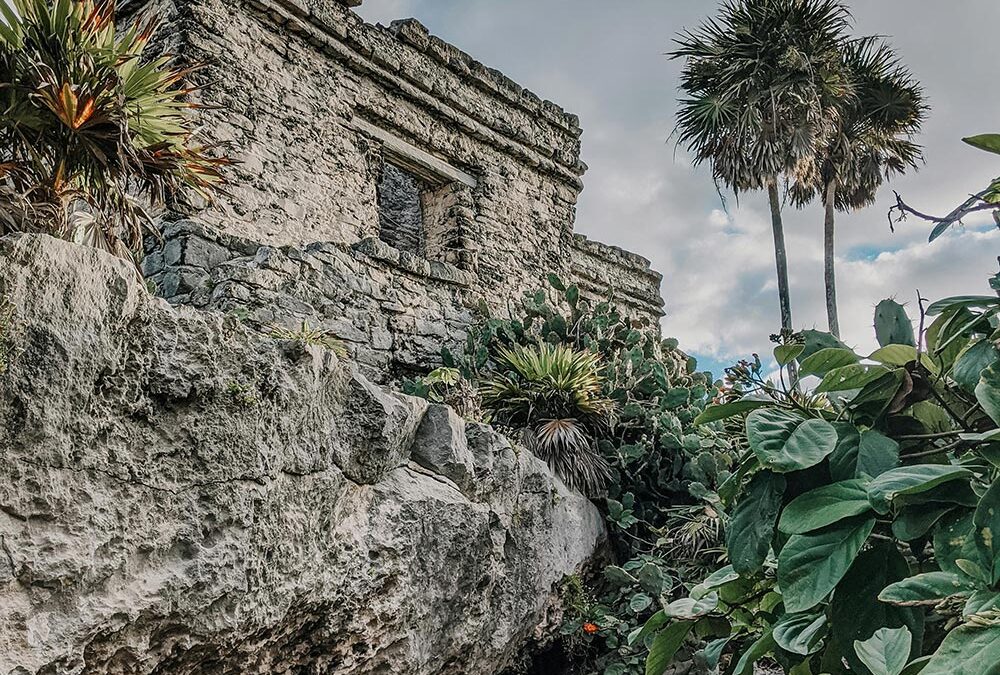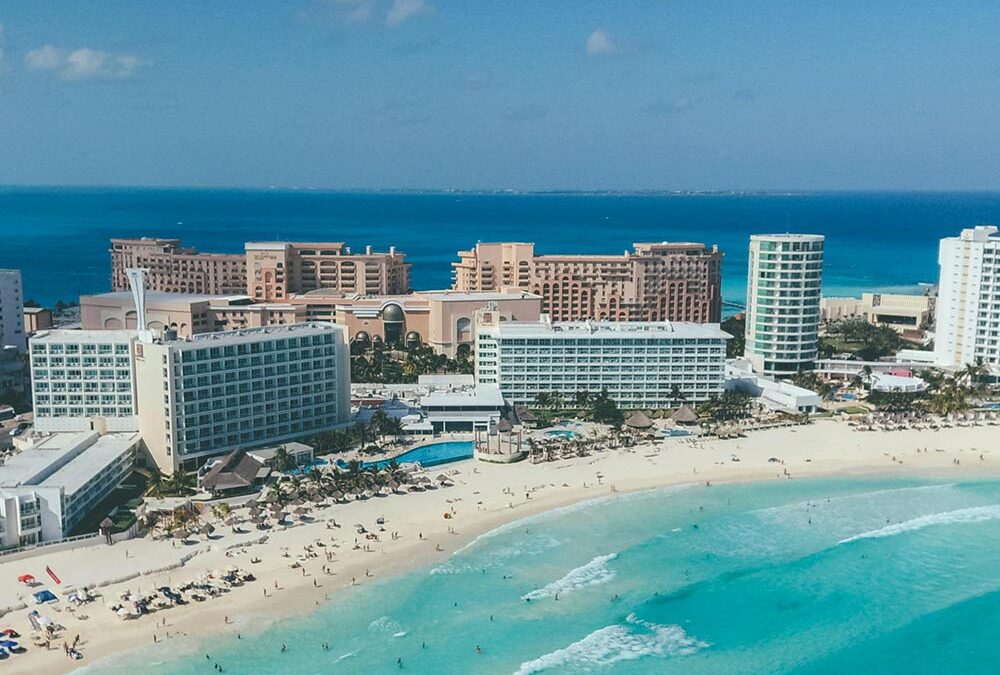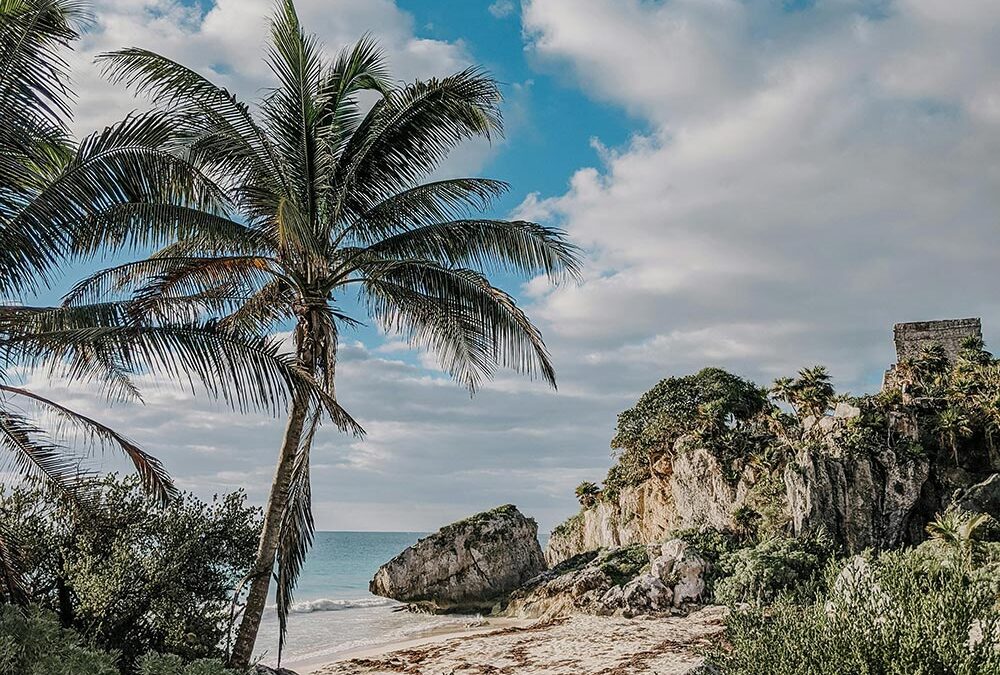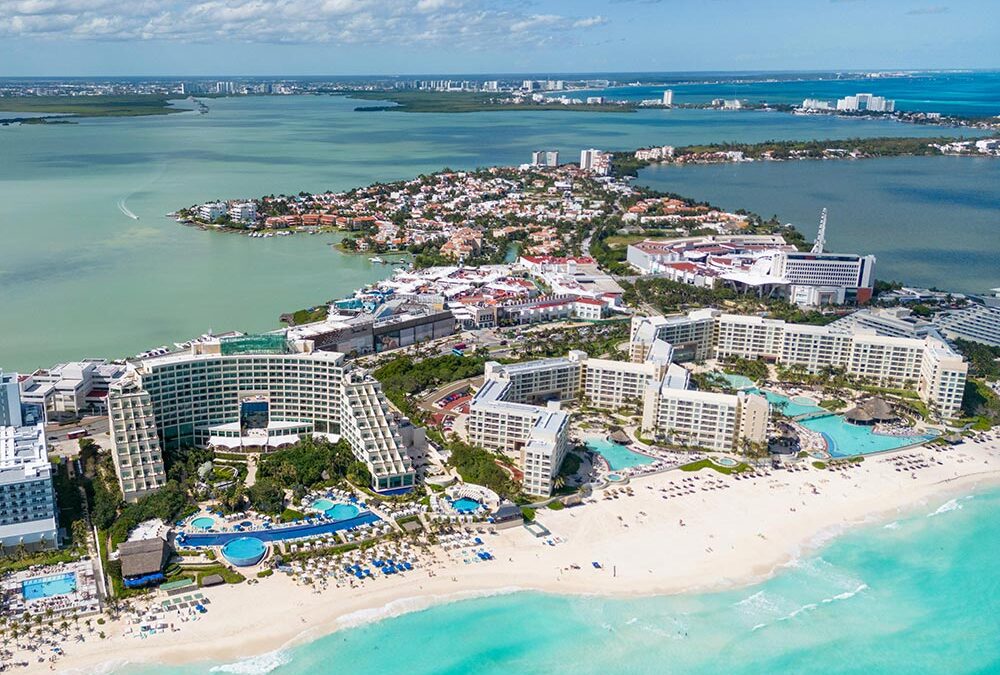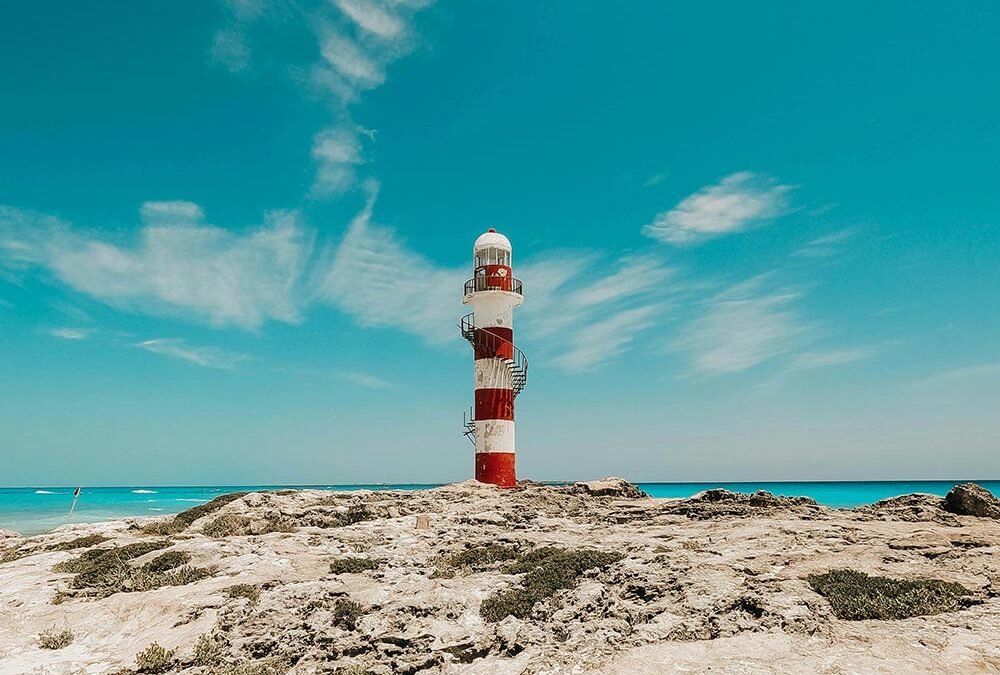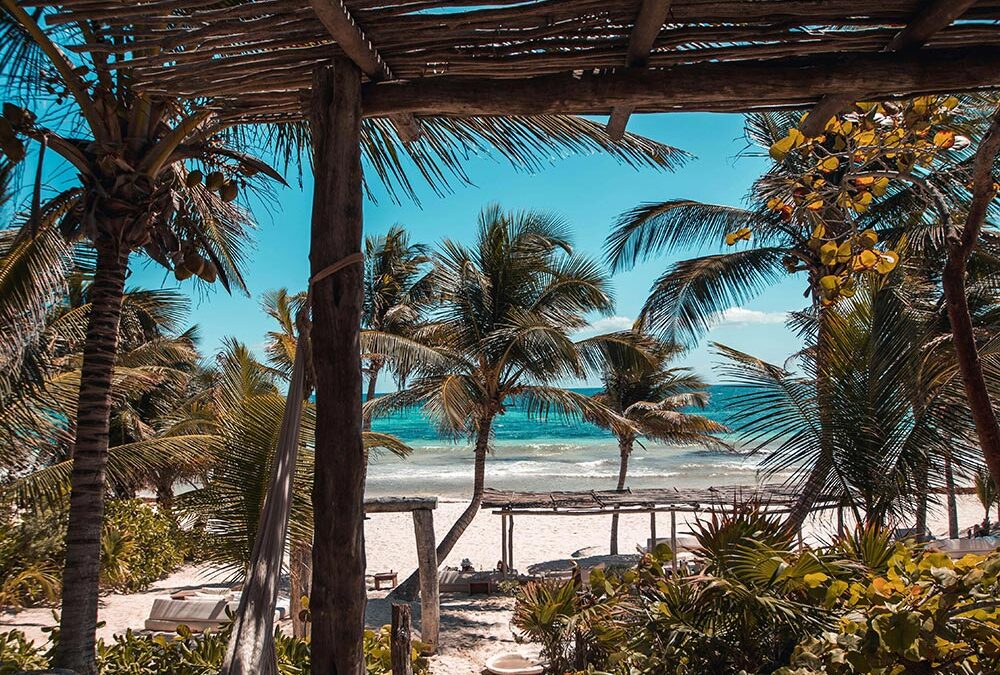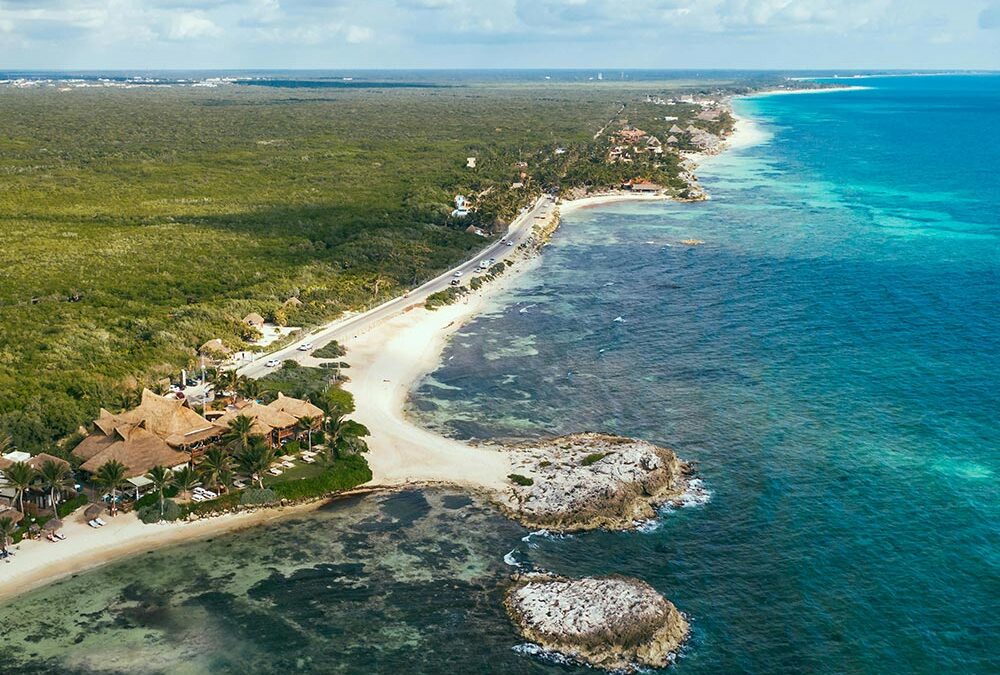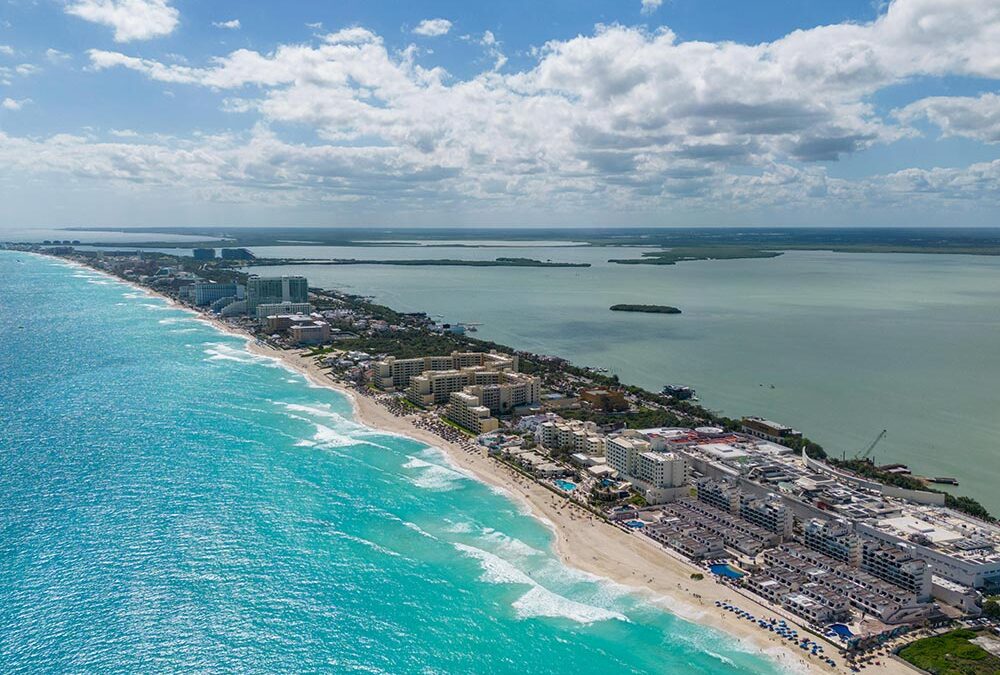Tulum, a picturesque town on Mexico’s Riviera Maya, has evolved from a serene backpacker’s haven into a thriving hotspot for tourism and real estate investment. The allure of Tulum lies in its harmonious blend of natural beauty, eco-conscious living, and a growing demand for upscale accommodations. For investors, pre-sale properties in Tulum represent an opportunity to enter the market at lower price points and benefit from significant capital gains upon project completion. Moreover, the area’s booming tourism sector ensures a steady flow of short-term rental income, making it an appealing choice for those seeking both immediate and long-term returns.
However, investing in pre-sale properties is not without its risks. Challenges such as legal hurdles, market fluctuations, and construction delays can pose significant obstacles for unwary investors. This guide explores the most common mistakes that can derail an investment in Tulum pre-sales and offers practical strategies to avoid them. With the right knowledge and preparation, you can make informed decisions and maximize the potential of your investment.
Index of Content
- Misjudging Market Demand
- Skipping Due Diligence
- Overlooking Legal Considerations
- Ignoring Financial Planning
- Underestimating Project Delays
- Conclusion
- Case Study: A Lesson in Pre-Sales Pitfalls
- FAQs
Misjudging Market Demand
One of the most common pitfalls investors face in Tulum’s pre-sales market is assuming that the town’s growing popularity guarantees high returns. While Tulum’s tourism sector is undoubtedly flourishing, not all neighborhoods and property types benefit equally. The demand for properties can vary significantly based on factors like location, amenities, and accessibility. For instance, properties near the beach or within eco-friendly developments often see higher rental income and faster appreciation than those located farther inland or in oversaturated markets.
To mitigate this risk, it’s essential to conduct thorough research on Tulum’s real estate trends. Look into occupancy rates, average rental yields, and the type of properties that attract tourists or long-term tenants. Partnering with local real estate experts and property managers can provide valuable insights into market dynamics. By understanding the specific demands of Tulum’s market, investors can identify properties that align with their financial goals while minimizing exposure to underperforming assets.
- Research neighborhood-specific demand to avoid oversaturated areas.
- Consult local property managers for insights into occupancy rates and trends.
- Focus on properties with unique features or eco-friendly certifications.
Skipping Due Diligence
Due diligence is a critical step in any real estate investment, yet it is often overlooked by eager buyers in Tulum’s pre-sales market. Many investors are drawn in by glossy brochures and attractive pricing, only to later discover issues such as incomplete permits, unreliable developers, or insufficient infrastructure. Without a thorough investigation, these challenges can lead to financial losses, construction delays, or even disputes over ownership.
To safeguard your investment, start by researching the developer’s track record. Look for evidence of successfully completed projects, positive client testimonials, and a reputation for timely delivery. Verify that the project has obtained all necessary permits and licenses, and ensure that there are no legal disputes associated with the land. Engaging a local attorney who specializes in real estate law can provide additional protection by reviewing contracts and identifying any red flags. Skipping these steps can leave investors vulnerable to significant risks that are often avoidable with proper preparation.
- Verify the developer’s portfolio and track record of successful projects.
- Check for all necessary permits and licenses associated with the project.
- Hire a local attorney to review contracts and safeguard your investment.
Overlooking Legal Considerations
Investing in a foreign country comes with unique legal challenges, and Mexico is no exception. Tulum’s rapid development has attracted a mix of reputable developers and less scrupulous operators. Navigating property laws and regulations can be daunting, particularly for international investors unfamiliar with the Mexican legal system. One of the most common mistakes is failing to confirm that the property is not built on “ejido” land, which is communal land and cannot be legally sold to private owners without specific procedures.
To avoid legal complications, always work with a bilingual real estate attorney who understands local laws. They can help you ensure the property has clear title and is eligible for a fideicomiso, a bank trust required for foreign ownership near Mexico’s coastline. Additionally, verify that all contracts are properly drafted and include clauses that protect your interests in the event of delays or disputes. By addressing these legal considerations early, you can minimize the risk of future conflicts and ensure a smooth investment process.
- Work with a bilingual real estate attorney familiar with Mexican property laws.
- Ensure the property is not under an “ejido” (communal land) title to avoid ownership disputes.
- Confirm the availability of a fideicomiso (bank trust) for properties near the coastline.
Ignoring Financial Planning
Many investors underestimate the financial commitment involved in pre-sale property investments. While the initial purchase price may seem attractive, there are additional costs to consider, such as taxes, maintenance fees, and closing costs. Overlooking these expenses can strain an investor’s budget, particularly if construction delays prolong the time before the property generates income. Furthermore, some investors over-leverage their finances, leaving little room for unexpected costs or market downturns.
Effective financial planning begins with understanding the full scope of costs associated with the investment. Create a detailed budget that accounts for all anticipated expenses, and set aside a reserve fund to cover unforeseen issues such as construction delays or changes in market conditions. It’s also essential to review payment schedules and ensure you can comfortably meet all obligations. By adopting a comprehensive financial strategy, you can mitigate risks and maintain stability throughout the investment process.
- Account for all costs, including taxes, maintenance fees, and closing costs.
- Establish a reserve fund for unforeseen expenses during construction or delays.
- Understand payment schedules to avoid over-leveraging your finances.
Underestimating Project Delays
Construction delays are a common issue in Tulum’s rapidly growing pre-sales market. Many projects face setbacks due to permitting issues, labor shortages, or supply chain disruptions. For investors, these delays can lead to unexpected financial strain, particularly if they rely on rental income to offset costs or plan to sell the property upon completion. Underestimating these delays can also result in missed opportunities or diminished returns on investment.
To prepare for potential delays, include buffer time in your financial projections and investment strategy. Choose developers with a proven track record of timely project delivery and maintain open communication with them throughout the construction process. Regular updates can provide transparency and help you plan accordingly. While delays are often unavoidable, having a contingency plan in place ensures you can navigate these challenges without compromising your overall financial goals.
- Include buffer time in your financial projections to account for delays.
- Opt for developers with a history of delivering projects on time.
- Maintain regular communication with developers for progress updates.
Case Study: A Lesson in Pre-Sales Pitfalls
Background: In 2018, a first-time investor purchased a pre-sale condo in Tulum’s Aldea Zama neighborhood, attracted by promises of high rental yields and competitive pricing. The developer, however, faced legal disputes over land ownership and struggled to secure construction permits, resulting in significant project delays.
What Went Wrong: The investor had not verified the developer’s credentials or conducted legal due diligence. Additionally, they did not prepare for the financial implications of a delayed timeline. As a result, the investor faced unexpected costs and a two-year delay before the property was completed.
Outcome: Although the project eventually reached completion, the investor incurred additional expenses and missed out on rental income during the delay. The experience highlighted the importance of conducting thorough research and preparing for potential setbacks.
Key Lessons:
- Always verify the developer’s track record and reputation.
- Hire local professionals for legal and financial guidance.
- Prepare for potential delays to avoid financial strain.
Conclusion
Investing in Tulum pre-sales presents an exciting opportunity to tap into one of Mexico’s fastest-growing real estate markets. With lower purchase prices and the potential for significant returns, it’s no wonder Tulum has captured the attention of global investors. However, success in this market requires careful planning, due diligence, and an understanding of the unique challenges associated with pre-sale investments.
By avoiding common pitfalls such as misjudging market demand, skipping due diligence, and underestimating project delays, you can navigate Tulum’s pre-sales market with confidence. Remember, preparation is key. Equip yourself with the right knowledge, surround yourself with trusted local experts, and stay informed throughout the investment process. With a strategic approach, your investment in Tulum can yield both financial rewards and a piece of paradise to call your own.
FAQs
What is the advantage of investing in pre-sale properties in Tulum?
Pre-sale properties offer discounted prices compared to completed developments, allowing investors to enter the market at a lower cost. Additionally, these properties often experience significant appreciation in value by the time construction is completed, making them an excellent choice for capital gains and rental income.
How can I verify a developer’s credibility?
Research the developer’s portfolio, check reviews from past clients, and visit completed projects to assess quality. Consulting with local real estate professionals can also provide insights into a developer’s reputation and reliability.
What are the risks of buying pre-sale properties in Tulum?
Common risks include construction delays, legal disputes over land ownership, and fluctuations in market demand. Conducting thorough due diligence and working with reputable developers can help minimize these risks.
How do I ensure legal compliance when investing in Tulum?
Hire a bilingual real estate attorney to review contracts and confirm the property’s title. Ensure the land is not classified as “ejido” and verify that all permits and licenses are in place. Legal compliance is crucial for protecting your investment.
Can foreigners own property near Tulum’s coastline?
Yes, foreigners can own property near the coastline through a fideicomiso (bank trust). This legal arrangement allows non-Mexican citizens to own coastal properties while complying with Mexican property laws.














